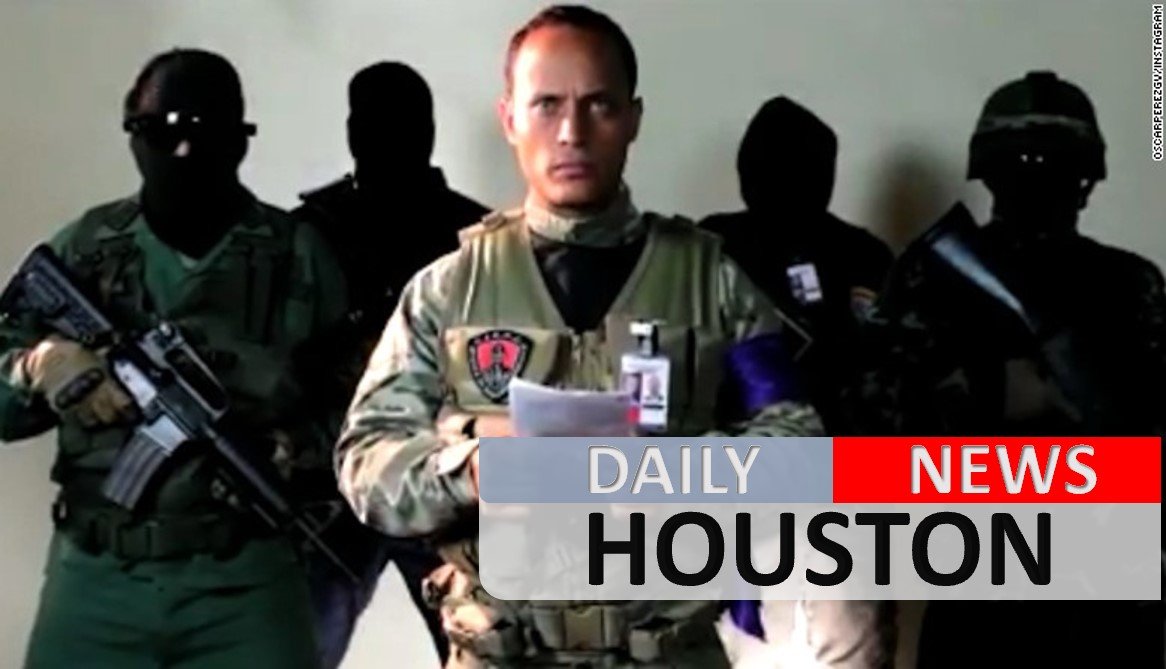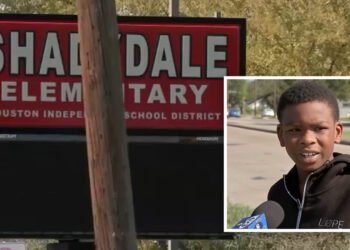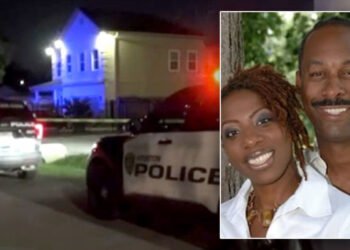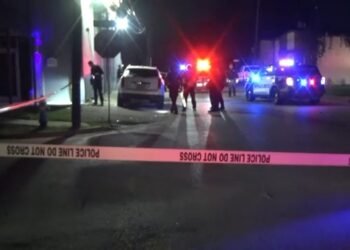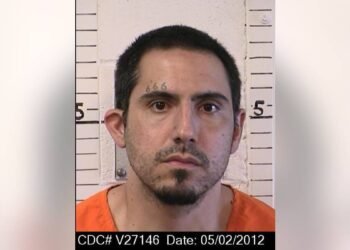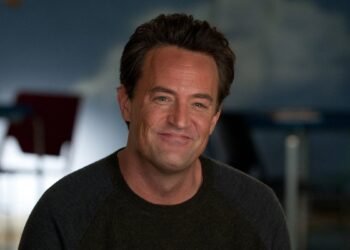A police helicopter launched a daring attack on the Venezuelan Supreme Court Tuesday, in a dramatic escalation of the months-long crisis engulfing the regime of President Nicolas Maduro.
The helicopter was apparently stolen and piloted by an officer in the country’s investigative police force, Oscar Perez. As it strafed the court building and the Interior Ministry in Caracas, the attackers fired gunshots and lobbed grenades, officials said.
Maduro condemned the attack as an attempted coup, saying “terrorists” were behind the offensive and that an operation was underway to track the perpetrators down.
But much remained murky about the assault: if it was an attempt to unseat Maduro’s government, it was a spectacular failure. No-one was injured and one of the grenades failed to explode, government officials said.
It was unclear how a rogue police helicopter could have circled high-profile buildings in the Venezuelan capital without being shot down — eyewitnesses and local journalists say the assault went on for about two hours.
None of those involved in the attack appear to have been tracked down and the whereabouts of the helicopter remains unknown.
Earlier on Tuesday, Maduro appeared to foreshadow an uprising, saying that his supporters would be ready to take up arms if the “Bolivarian revolution” was threatened.
The attack came after months of protests against Maduro’s regime and ahead of a vote on July 30 to elect members of a controversial new body that could make changes to the country’s constitution.
Video message
Before the attack began, a man who identified himself as Perez appeared in a video online saying an operation was underway to seize democracy back from Venezuela’s “criminal government.” Flanked by a group of armed men in military fatigues and balaclavas, Perez claimed to be speaking on behalf of a coalition of military, police officers and civil officials.
In his video message, Perez said he was a pilot in the special response unit of Venezuela’s Criminal Investigative Police (CICPC) and demanded that Maduro step down.
“On this day, we are carrying out a deployment by air and land with the sole purpose to return the democratic power to the people and to ensure the laws to establish constitutional order,” he said.
Photographs posted online showed a helicopter with the initials of the investigative police unit on its side, flying above the capital, Caracas.
Through an open door an occupant is seen holding a banner saying “Article 350 libertad” — referring to an article in the Venezuelan constitution that allows citizens to oppose the government should it subvert democratic principles.
It remained unclear on Wednesday how much support the assailants enjoyed among the police and security services they claimed to represent.
The background of Perez, the apparent ringleader, appeared colorful: Reuters reported that he was involved in a 2015 action film, Suspended Death, which he co-produced and starred in as an intelligence agent rescuing a kidnapped businessman.
Maduro response
Minister for Communications and Information Ernesto Villegas called the incident an attempted coup.
He said the attackers had launched four grenades, two against a group of National Guards who were protecting the court building. About 15 shots were fired around the Ministry of the Interior, a few blocks away from the presidential palace, he said, while a social event was ongoing inside the building, celebrating the National Day of Journalists. Around 80 people were in the building, he said.
Maduro said he had activated government security forces to investigate the attack.
Earlier Tuesday, Maduro warned of a potential attack. Speaking at a rally, he said, “If Venezuela was launched into chaos and violence and the Bolivarian Revolution was destroyed, we would go to combat.
“We would never give up. And what couldn’t be done with votes, we would do it with weapons. We would liberate our fatherland with arms.”
Villegas said the vote on the constituent assembly would go ahead as planned. “This will not impede the right to vote by the Venezuelan people on July 30th to elect the members of the National Assembly constituency,” he said.
Critics have said it would also allow for the reshaping of the current legislative body, as well as redefining the President’s executive powers.
The government intimidates and restricts the media in Venezuela, and has ordered NN en Español off the air. It tightly controls visas for foreign journalistz, arresting those who report from inside the country without proper permits.
Opposition lawmakers, guardsmen clash
Shortly before the helicopter incident, there were clashes about a mile away between opposition lawmakers and Venezuelan National Guardsmen outside the Venezuelan National Assembly.
According to the National Assembly’s official Twitter page, the scuffles — caught on video — started after the National Guardsmen came into the building carrying electoral boxes, prompting demands for an explanation from lawmakers.
Opposition lawmakers said they had been prevented by guardsmen from leaving the building for over four hours. A journalist was injured, they said.
Late Tuesday night, the Venezuelan Supreme Court issued a decision that grants Venezuelan Ombudsman Tarek Williams Saab — a Maduro loyalist — powers to investigate, defend and oversee human rights complaints.
The decision follows disagreement between the offices of the Ombudsman and the Attorney General as to who is responsible for the investigation and prosecution of human rights abuses.
It is unclear from the Supreme Court’s decision if the powers have been fully transferred to Saab or if the two offices will now investigate cases. CNN is seeking clarification from the government.
Months of chaos
Venezuela is in the throes of a political and humanitarian crisis which has brought thousands of people onto the streets in mass protests demanding a change of government.
Soaring inflation and widespread shortages of medicines, food and other essentials have infuriated many people, who are struggling to afford even basic necessities.
Under former President Hugo Chavez, who was Maduro’s mentor, oil revenue fueled Venezuela’s economy. However, falling oil prices have made state subsidies unsustainable.
Anti-government protesters want Maduro to step down, accusing him of eroding democracy. Maduro, meanwhile, has sent the Venezuelan military onto the streets to maintain order, leading to deadly clashes. At least 75 civilians have died in the unrest, including the point-blank shooting of a 22-year-old protester by a soldier last week.


